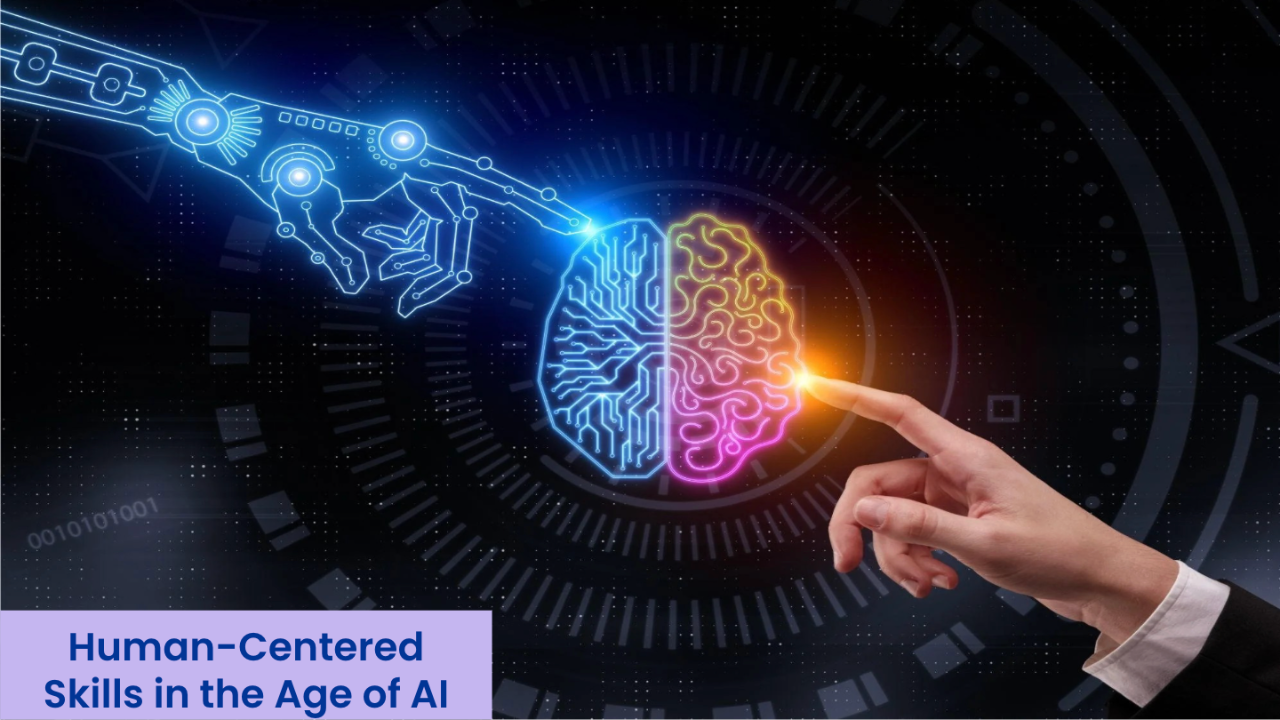
October 2025 - Trend Spotting - Education
Oct 21, 2025|
|
Trends We're Watching |
|
October 2025 FutureGood is a consultancy focused on helping visionary leaders build a better future. Through DEI consulting, strategic visioning, keynotes, retreats, and online learning, FutureGood helps thought leaders (like you!) to deploy futurism. |
|
We are watching so many interesting trends each month that we've decided to share them with our community. If you want us to look out for a specific subject, reach out and let us know! |
|
|
Education |
|
|
|
As AI takes on more repetitive and memorization-based tasks, education must shift toward what makes us uniquely human. Creativity, critical thinking, empathy, and emotional intelligence are becoming the most valuable skills of the future. |
|
What this could mean for the social sector: This is a call to invest in programs that build imagination, ethical reasoning, and connection, helping people become “upgraded humans” who thrive alongside technology and shape more humane, innovative, and resilient societies. |
|
|
|
|
|
Tomorrow’s leaders will need more than technical skills: they’ll need systems thinking, foresight, and ethics. These competencies help people understand complexity, anticipate change, and act with integrity. |
|
What this could mean for the social sector: This signals a powerful shift from reactive problem-solving to proactive future-shaping. Integrating these approaches into leadership and youth programs can equip communities to not just navigate uncertainty, but actively shape a resilient and equitable future. |
|
|
Learn to spot trends relevant to your work |
|
If you want to learn more about futurism, including how to spot and make sense of these trends, you can! Sign up for our online learning program, FutureGood Studio, and empower yourself to be future-ready! |
|
|
|
|
|
With school shootings and mental health challenges on the rise, ensuring safety has become essential to learning. Innovative schools are pairing physical security with trauma-informed practices, mental health support, and cultures of belonging. |
|
What this could mean for the social sector: The social sector can lead by advocating for policies, resources, and training that help educators build environments where every student feels protected, valued, and ready to learn. |
|
|
|
|
|
Education is no longer a one-time stage of life; it’s a lifelong journey. New learning ecosystems are emerging that blend community programs, employer-supported training, and digital platforms offering flexible, stackable credentials. |
|
What this could mean for the social sector: For the social sector, this shift calls for rethinking how education and workforce development intersect. This is an opportunity to design inclusive pathways for continuous learning, helping people adapt, grow, and thrive in a rapidly changing world. |

